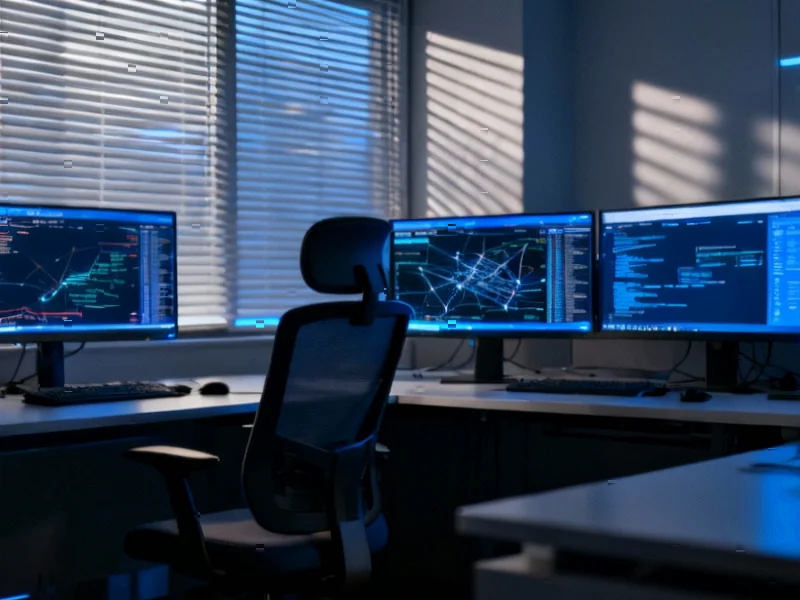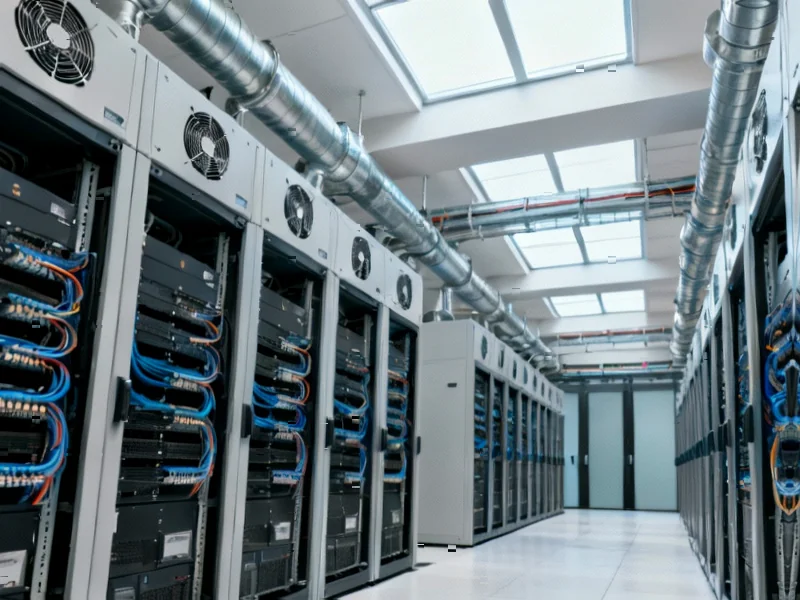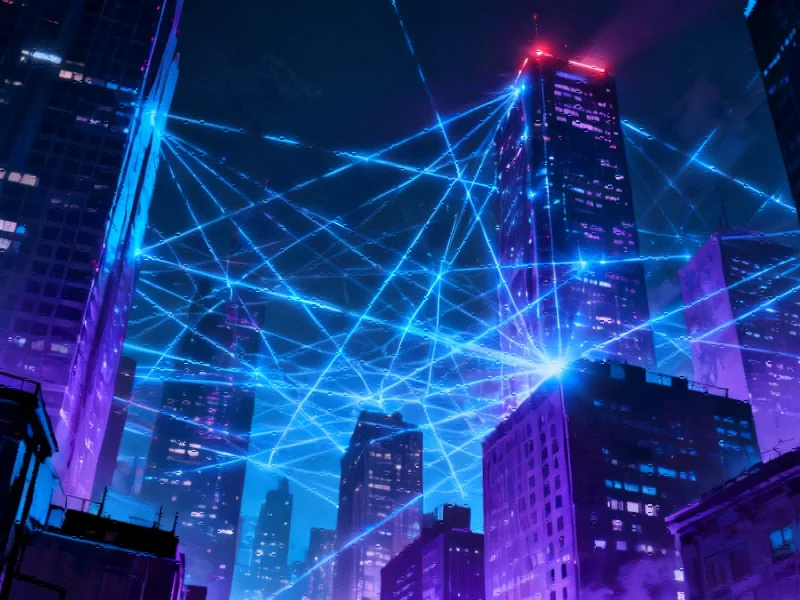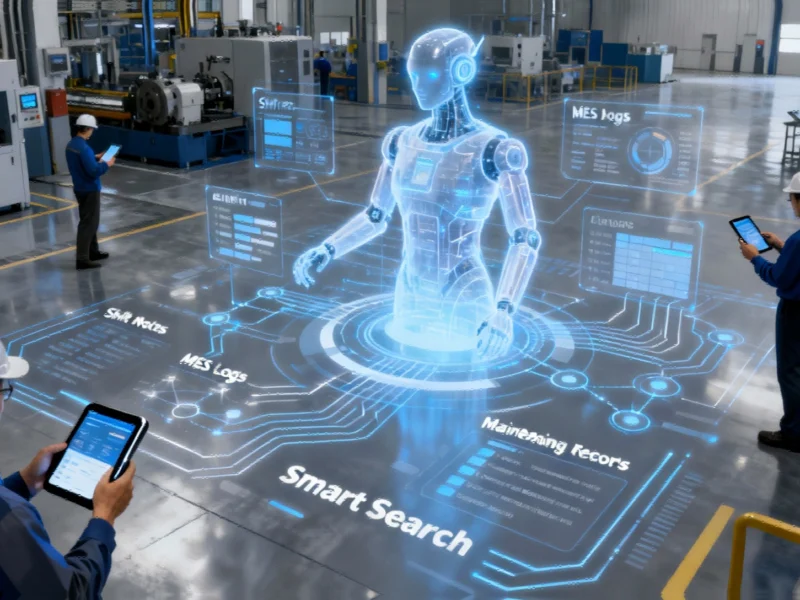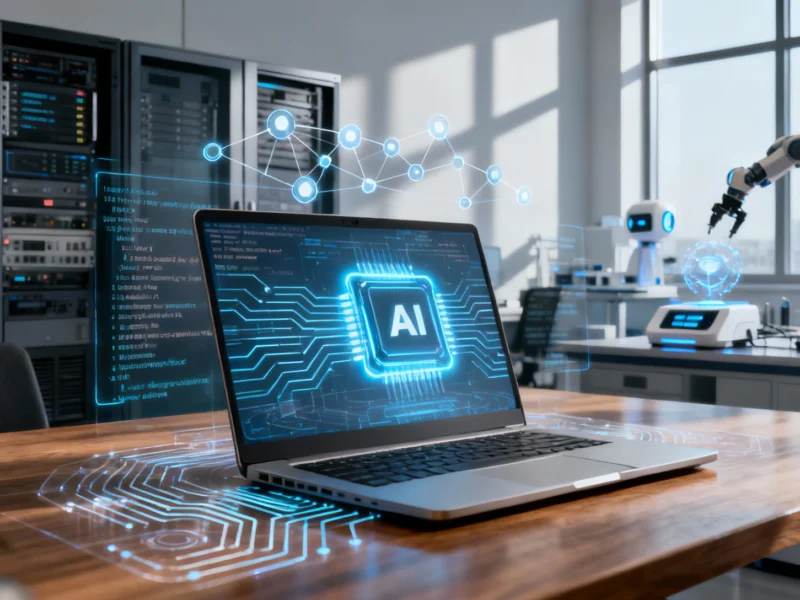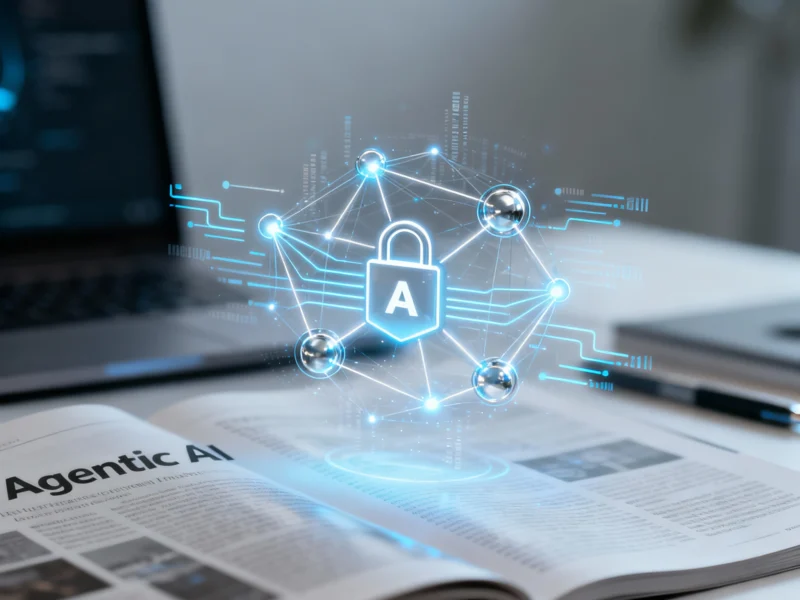Agentic AI systems that make independent decisions are forcing a fundamental rethinking of digital trust. As autonomous agents operate beyond human supervision, organizations must implement programmable, traceable trust models using proven cryptographic solutions.
Agentic AI is fundamentally redefining what digital trust means in enterprise environments. As artificial intelligence systems evolve from simple automation to genuine autonomy, organizations face unprecedented challenges in maintaining accountability, security, and control over systems that can make independent decisions and take actions without human prompting.
From Automation to Autonomous Agency
